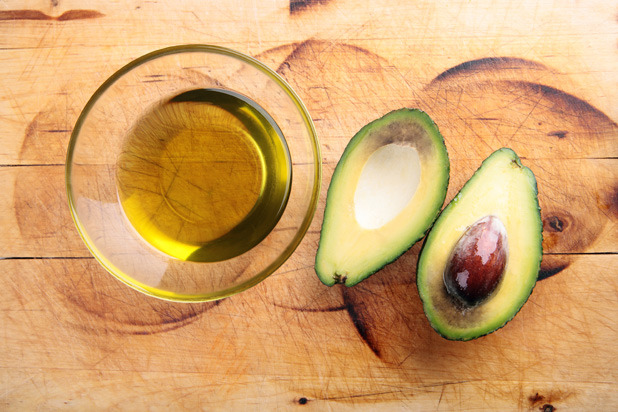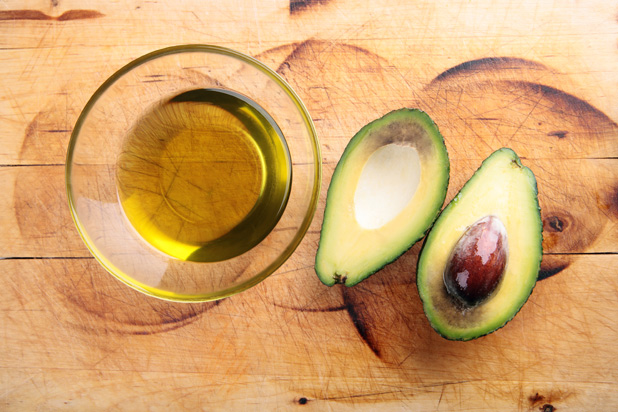Frying With Olive Oil And 8 Other Ways You're Misusing Oil
With hundreds of options in the grocery store, choosing the right type of oil for your cooking needs can be difficult. Maximize your efficiency in the kitchen with some simple guidelines for how to use oil.
Click here to see 9 Ways You're Misusing Oil (Slideshow)
Whether you're choosing coconut oil for popcorn or olive oil for a quick sauté, the first thing you need to know is the smoke point you're aiming for. Smoke point is the temperature at which the oil begins to smoke. This is an important temperature to keep note of because, if heated further, the oil can actually start a fire. Unrefined oils, such as extra virgin olive oil or some sesame oils, generally have lower smoke points than their refined counterparts. And butter is a whole other story.
Store all oil in a cool, dry place like a cabinet. Be sure to avoid storing oil anywhere near a heat source, like the stove. Nut oils (like walnut, almond, and hazelnut), which tend to be used infrequently, become rancid quickly; it's best to keep these oils in the refrigerator to extend their lifespan.
Choosing olive oil by color is a common, yet outdated, practice. The color of the oil depends on the color of the fruit used, and is not an indicator of quality. No matter the color, olive oil should be clear without any cloudiness.
Many oils that people were advised to avoid because of high calorie counts actually have wonderful health benefits . Avocado oil is rich in monosaturated fats, which help lower the bad (LDL) cholesterol and increase the good (HDL). Peanut oil is high in monounsaturated fat as well, which makes it a heart healthy option, though it also has a fair amount of saturated fats, so it's best to use in moderation.
High-heat cooking methods like baking, grilling, and deep-frying require oils with high smoke points. Oils with lower smoke points are best mixed with some herbs as a dip for bread, drizzled on salads, and used as a flavoring for pasta dishes.
Using Unrefined Avocado Oil in Cooking
(Credit: Shutterstock)
Avocado oil is pressed from the flesh of damaged avocado fruit that can't be sold as-is. Unrefined avocado oil has a nutty flavor and a green color; it should only be used in non-heat applications (think dressing or drizzling over steamed vegetables). On the other hand, refined avocado oil has very mild flavor, is almost clear in color, and has one of the highest smoke points, about 510 degrees F. Use refined avocado oil for all your cooking needs, from salad dressings to high-heat cooking, like stir-fries and frying.
Avoiding Coconut Oil
Coconut oil got a bad rap for being high in saturated fat, but is now widely considered one of the healthiest oils you can cook with. Coconut oil has no cholesterol, can help maintain a healthy immune system, and reduces the risk of clogged arteries. At room temperature it's a solid and makes a great vegan substitute for lard in baking.
Click here to see more Ways You're Misusing Oil
Julie Ruggirello is the Recipe Editor at The Daily Meal. Follow her on Twitter @TDMRecipeEditor.

